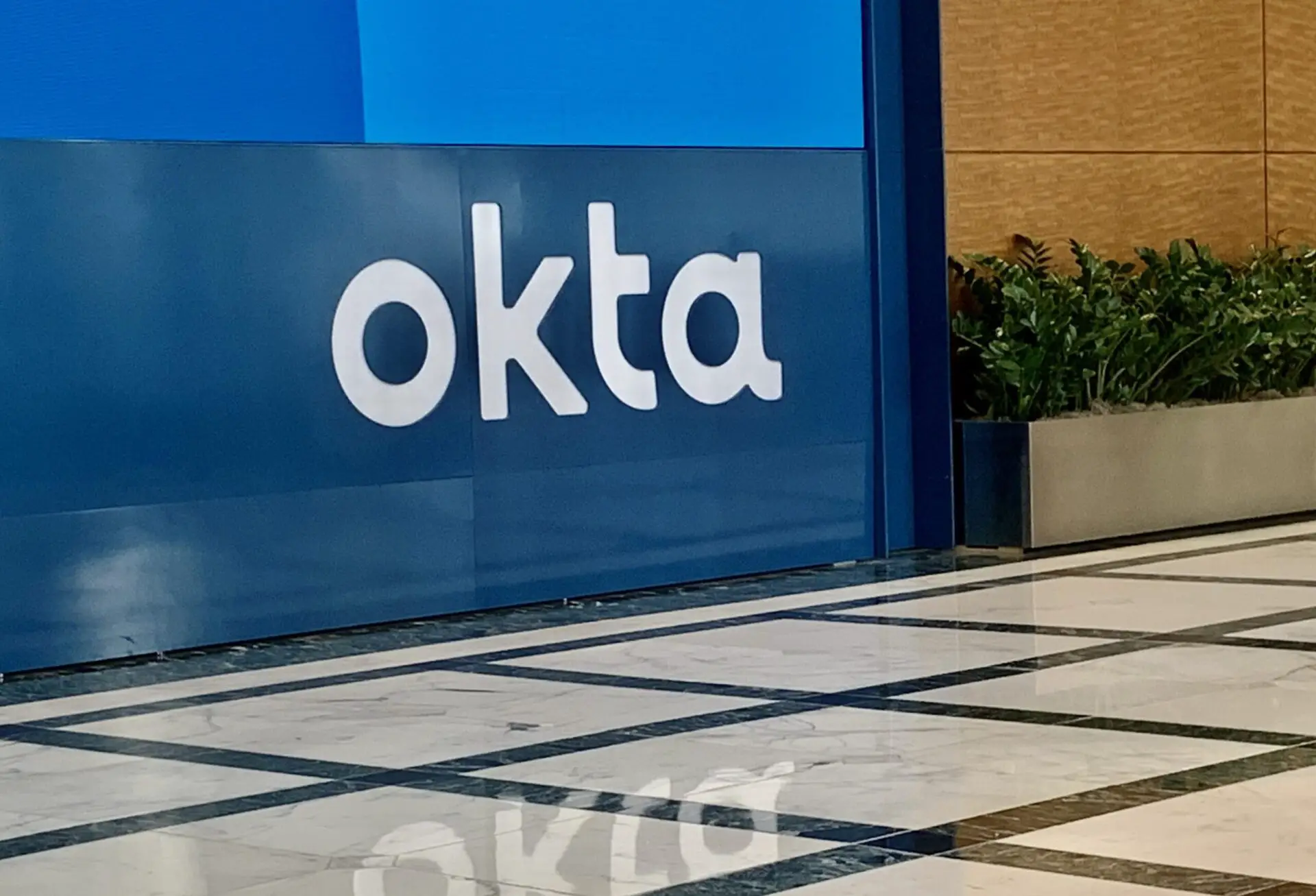When it comes to cloud identity providers, and Okta competitors there are a few big names that stand out: Azure from Microsoft, Ping Identity, and a few more. With so many options, it can be difficult to decide which IDP (identity provider) is best for your organization's needs.
In this article, we will compare each of these providers and see which one comes out on top.
Importance of cloud identity software
In the modern world, our identities are more important than ever before. With the rise of the internet and social media, our personal information is constantly being shared. This makes it more important than ever to have a secure way to manage our identities.
Cloud identity providers offer a secure way to manage our identities by storing our personal information in the cloud. This allows us to access our information from anywhere, and it also makes it more difficult for hackers to access our personal information.
The rise in demand for cyber security
Cyber security threats have led to an increase in the number of identity providers (IDPs) on the market. This has created a challenge for enterprises, who need to choose an IDP that can meet their specific needs.
Here are the three key factors to consider when choosing an IDP:
- Trustworthiness
- Functionality
- Scalability
Trustworthiness
The first factor is trustworthiness. An IDP must be trusted to protect your data and keep it confidential. It should also have a good reputation for handling data securely. The trust enterprises must-have for both the systems to keep their information safe and employees working on projects is essential.
Functionality
The second factor is functionality. The IDP should offer a wide range of features that meet your organization's needs. These organizations need solutions that will work efficiently as they compete for market share.
Scalability
The third factor is scalability. The IDP should be able to grow with your organization as it expands its reach and grows its customer base. If it only works for a small team, this can be a problem for large organizations.
Now more than ever, businesses need to focus on cyber security to protect their sensitive data. As the number of cyber threats increases, so does the need for identity providers (IDPs).
Consider these factors influencing cyber security
By considering these three key factors, enterprises can choose an IDP that best meets their needs and provides them with the necessary protection against cyber threats.
Cybersecurity has become one of the most in-demand skills in recent years, with the number of cyberattacks increasing exponentially. As a result, okta competitors have become more prevalent, and the market for cloud identity providers is becoming increasingly competitive.
The problem with IT employee management
IT employees need access to certain tools and applications to do their job. The problem is that these tools and applications are constantly changing, which can make it difficult for IT departments to keep track of who has access to what. In addition, when an employee leaves the company, it can be difficult to revoke their access to tools and applications.
This is where cloud identity providers come in. A cloud identity provider is a company that provides a platform that helps IT departments manage employee access to tools and applications. Now that we have identified the problems that Okta and its competitors are looking to solve, let's take a deeper look into each company's profile.
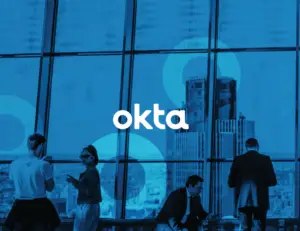
Okta (Ticker Symbol: OKTA)
Market Cap: 28.73B
Okta is a cloud identity provider that was founded in 2009. One of Okta's strengths is its user interface. The okta competitors' interface is easy to use and makes it simple for users to manage their identities. In addition, the okta pricing model is straightforward to understand.
Okta advertises itself as 'The World’s #1 Identity Platform'
They have a customer base of over 14,000+ companies. Okta secures digital interactions and helps companies accelerate innovation. They offer multiple solutions to many problems within cloud computing. At first glance, it can be difficult to identify exactly what they do. Here's a quick overview of their product offerings:
Single sign-on
This allows users to securely sign in once and gain access to all the applications they need. Reducing the amount of help desk calls by 75% makes both departments more efficient at focusing on their tasks rather than struggling to gain access.
Universal directory
This allows companies to manage employee identities and control access to applications. The universal directory helps managers build the infrastructures for each group and individual user.
Advanced server access
This allows IT teams to centrally manage access to on-premises applications. The DevOps group receives quick access to the server so they can focus on creating software rather than waiting weeks for approval.
API access management
This allows companies to securely manage and monitor access to their APIs. Vulnerabilities in different technologies have occurred in all sectors. Precise management can help reduce this risk.
Multi-factor authentication
This provides an extra layer of security for online accounts. This simple but effective method helps reduce the risk of a security breach by 75%. It has the potential to improve productivity by 50% by allowing multi-factor authentication access from any device. It also can save an average of $3.86M in the event of data breaches.
User management
This allows companies to add, delete, or modify user accounts. The process is simple and can be completed in a matter of minutes.
B2B integration
Okta offers a platform that makes it easy for companies to integrate with their business partners.
Lifecycle management
This allows companies to automate the process of provisioning and de-provisioning user accounts. As employees leave the company, it's important to have a seamless way to disallow previous access to their accounts.
Access gateway
This provides a secure way for companies to access their applications from outside of the firewall. This helps traveling employees or remote workers.
Workflows
Okta offers a platform that allows companies to automate their business processes. This is important for efficiency and time optimization when onboarding new employees or segmenting workgroups.
This company's services and products are needed.
They help to reduce the risks of a major breach of data. Okta creates a company infrastructure that allows for seamless security and improved employee productivity.
Who are Okta's competitors?
There are four main competitors to Okta:
- Azure
- Ping Identity
- OneLogin
- CyberArk
Do Okta competitors offer similar features?
Microsoft Azure Active Directory (AD), Ping Identity, OneLogin, and CyberArk all offer many of the same features as Okta. It's a competitive area and each individual company may favor one over another based on their specific needs and requirements. Each one of the largest Okta competitors has a slightly different business model.
Does Microsoft compete with Okta?
Microsoft Azure Active Directory (AD) is a popular cloud identity provider. While it shares some features with Okta, there are important differences. Let's take a look at how Okta compares to Azure AD and other leading providers.
Azure AD offers many of the same features as Okta, such as single sign-on (SSO), multi-factor authentication (MFA), and provisioning. Azure is also a popular cloud data company, similar to Okta. They compete against each other in this sense with similar product offerings.
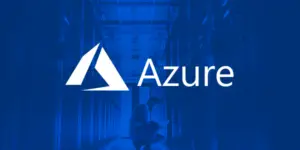
Azure (Ticker Symbol: MSFT)
Market Cap: 2.22T
Azure (Microsoft) is a big player in the cloud identity market, and it has a lot of features that Okta also has. For example, Azure offers built-in Active Directory (AD) capabilities, which allows businesses to manage their user identities and credentials in the cloud. It also includes tools for automating tasks like password resets and creating new user accounts.
Is Okta better than Azure?
The cloud-based identity management services Okta and Azure Active Directory (Azure AD) offer similar features. However, there are some key differences between the two services. Okta is a cloud-based identity management service that allows businesses to manage user identities and access permissions across multiple applications and devices.
Okta offers a wide range of features, including single sign-on (SSO), multi-factor authentication (MFA), and user provisioning. Azure AD is a cloud-based identity and access management service from Microsoft.
Azure AD offers similar features to Okta, including SSO, MFA, and user provisioning. However, Azure AD is also tightly integrated with other Microsoft services such as Office 365 and Dynamics CRM.
So which service is better?
It depends on your needs. If you are already using Microsoft products and services, Azure AD may be a better choice. However, if you are looking for a more comprehensive identity management solution, Okta may be a better option.
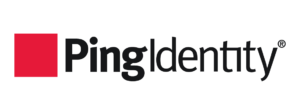
Ping Identity (Ticker Symbol: PING)
Market Cap: 1.76B
Ping Identity is another popular cloud identity provider. It offers a lot of features that are similar to those offered by Azure, such as Active Directory integration and automation tools. However, Ping Identity doesn't have the same breadth of features as Azure does, and it can be somewhat more expensive than Okta.
Is Ping better than Okta?
This depends. If you are looking for an identity provider that can offer comprehensive security features, Okta is a better choice. However, if you are looking for more affordable pricing options, Ping Identity may be a better option.
This is because they charge for a feature set annually while Okta charges per user every month. If you have a large team, it may be more cost-efficient than Okta but if you are working with a smaller team with private information, Okta might be better. It depends on the company's individual needs.

OneLogin (Private Company)
Recently acquired by One Identity, OneLogin is a cloud identity provider that offers SSO, MFA, and provisioning features. It's less well-known than Okta and Azure AD, but it can be a good option for businesses that are looking for an affordable solution.
OneLogin also offers similar features to okta competitors but focuses on providing federated identity solutions. However, OneLogin does not have as many features as Okta and Azure AD. OneLogin is a cloud identity provider that is often compared to Okta.
It offers many of the same features as Okta, but it can be more expensive and doesn't have quite as many features as Azure does. This company is not publicly traded but received a valuation of $330M in January 2019. Keep track of this one if they do decide to offer stock in the public markets.
Is OneLogin better than Okta?
That is a question that can be difficult to answer. Both OneLogin and Okta are great authentication providers, and they both have their own strengths and weaknesses.
OneLogin is a great provider if you are looking for a comprehensive solution that can manage all of your authentication needs. Okta, on the other hand, is a great provider if you are looking for a more simple solution that can still provide great authentication.
So, which one is better?
It really depends on your needs. If you need a comprehensive solution, then OneLogin is the better choice. If you need a more simple solution, then Okta is the better choice. Whichever you choose, you can be confident that you are getting a great authentication provider. Both OneLogin and Okta are great authentication providers, and they both have their own strengths and weaknesses.
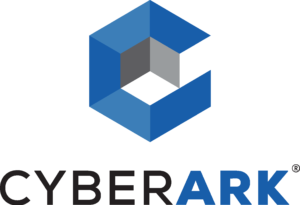
CyberArk
Market Cap: 6.74B
CyberArk is an Okta alternative that focuses on providing privileged access management (PAM) solutions. CyberArk does not have as many identity management features as Okta, but it does offer a robust PAM solution. This company is similar to the OKTA but offers IoT (internet of things) and operational security as well as ransomware protection.
These are two things that Okta does not offer. The 'CyberArk Marketplace' also shows many impressive integrations with other well-known companies such Amazon Web Services, Microsoft, and more.
Is CyberArk better than Okta?
This company offers a different set of services than Okta, so it is difficult to make a direct comparison. However, if you are looking for a comprehensive security solution that includes PAM, then CyberArk is a great choice.
If you are just looking for identity management features, then Okta is a better choice. Both CyberArk and Okta are great security providers, so it depends on your needs to determine which is the better choice for you.
Which Okta competitors are similar to Okta?
From this list, it looks like Ping Identity is the most similar to Okta. They are a publicly-traded company just like Okta but have a much smaller market cap.
Which one is the best?
There are a few things to consider when choosing a cloud identity provider. Cost is one factor, but it's not the only one. The features offered by each provider should also be taken into account. And, of course, ease of use is important as well.
Okta's pricing structure is straightforward and can be customizable depending on the size of your team. This can help companies pay for exactly what they need without being overcharged. Based on all of these factors, we think that Okta is the best cloud identity provider.
It offers a good mix of features and prices, and it is easy to use. If you are looking for a cloud identity provider, we recommend that you give Okta a try.
Specific needs and requirements
Choosing the best one also depends on what you need. Azure is more well-known as 95% of Fortune 500 companies use this platform. Azure is also free for the first 12 months. However, if you're looking for a provider that offers more in terms of customer cloud identity and security, then Okta is the way to go.
If you are looking for the most similar alternative to Okta, look towards Ping Identity as their product offering is about the same as Okta. Many of these companies offer a demo, feel free to call their expert representatives and explore each use case for your company. If you are an investor looking to allocate some capital into this space, then understand the risks of each company.
They are all recurring revenue businesses with growing demand. Microsoft may not be specifically only focused only on cloud identity security like CyberArk or Okta, but they are a legacy brand that has captured a large market share with 95% of fortune 500 companies using them. Okta and CyberArk may have more room to grow.
They can innovate new products and solutions specifically for cloud profile management and security. It's important to consider the risks. These two companies would potentially not be able to recover if their product fails in the event of a highly sophisticated cyber-attack.
The battle of the cloud identity (summary)
We've identified and compared some of the most popular cloud identity providers on the market today. As you can see, each one of Okta competitors has its strengths and weaknesses. Ultimately, the best decision is to evaluate your needs and choose the provider that's best suited for your business.
Image source: Techcrunch

